Suffering from a weak constitution
Image drawn from this source.
The Johnson years have shown how a Government can take advantage of our constitution. As far as I can understand it relies on a certain level of good faith, integrity and a willingness to be bound by long-standing conventions. Qualities that have been lacking. Johnson may well have opened the door to further abuses.
Our constitution consists of multiple documents and parliamentary acts. Its relative informality has enabled it to flex and adapt in a way that maybe can’t be said of other constitutions, notably the US’s. This is a strength. But not having one constitutional document means that it’s hard understand and difficult to hold the Government to account.
I’m inspired by what’s currently happening in Chile. After huge protests about the state of its Government and social inequality in 2019 it was agreed by referendum that a new constitution was needed. The existing one was written by the fascist Pinochet. Elections were held to appoint a convention of 154 people who have been tasked to write it over a 9 month period. They represent the full political spectrum including indigenous peoples and the gender split is equal. Decisions require a two thirds majority, forcing compromise and consensus.
The draft has been completed, it’s long and complicated but there’s some really inspiring stuff in there.
“Among the long list of rights and freedoms the draft enshrines, the new constitution makes higher education free, ensures gender parity across government and makes the state responsible for preventing, adapting to and mitigating climate change.”
John Bartlett, The Guardian (see article here)
What’s so powerful about it is that it has been fought over and wrangled by people from all political perspectives.
I want a similar process to happen here. We need something to hold rogue Governments to account. We also need a constitution that reflects where we’re at as a society and enshrines what we want to protect. That said, it needs to retain flexibility. Ireland might be an example of this. Amendments to their constitution require a referendum – quite a high bar, but there have been 32 of them since the constitution entered into force in 1937, averaging at one every two and a half years. This has enabled it to flex with changing public opinion on issues like gay marriage and abortion rights – rights that are now protected.
I think this could be a powerful strategy to protect what we hold dear and give hope to people who are being failed by the current system. Something that counteracts the narrative that we can’t change anything, gets past the distraction machine of modern culture and gives hope to the young that their future won’t be thrown away.
Who would write it? I’d be in favour of people being picked essentially at random but ensuring that the group is a fair reflection of the nation in terms of gender, ethnicity, location and political outlook. A Citizens’ Assembly model.
As a process it really appeals to me, bringing a diverse group of people together and designing something powerful. It’s going to be messy and involve compromise, it won’t be perfect but it will have moral authority. People get to grapple with the problems on a deeper, more informed and nuanced level, getting past soundbites and headlines. And they get to play an active role in democracy.
I’m keen to try this here in Walthamstow, running workshops to define recommendations on issues that matter to people here, using participation to unlock possibilities and potential.
Let me know what you think and if you have any suggestions for how to make participatory democracy more accessible.

